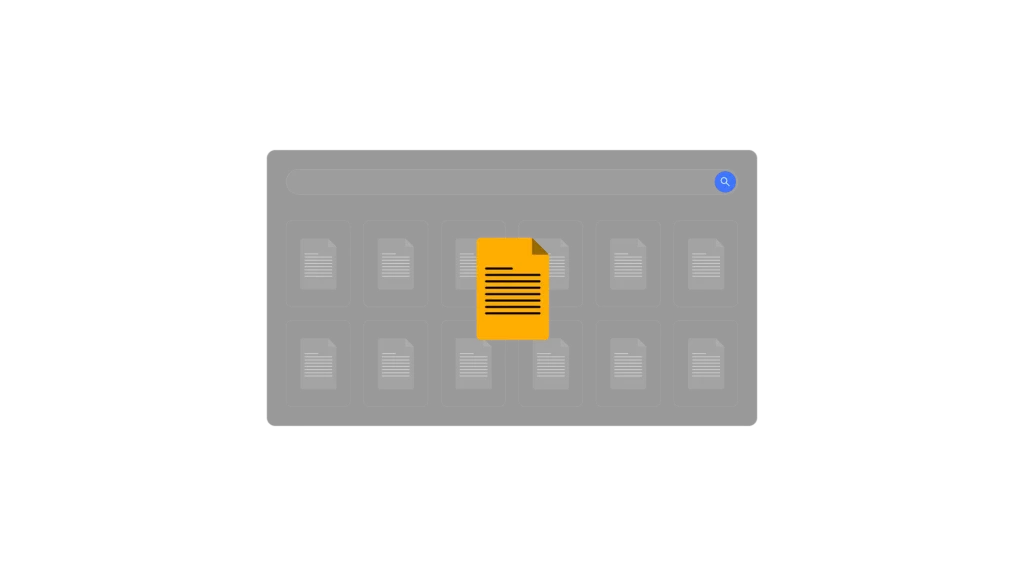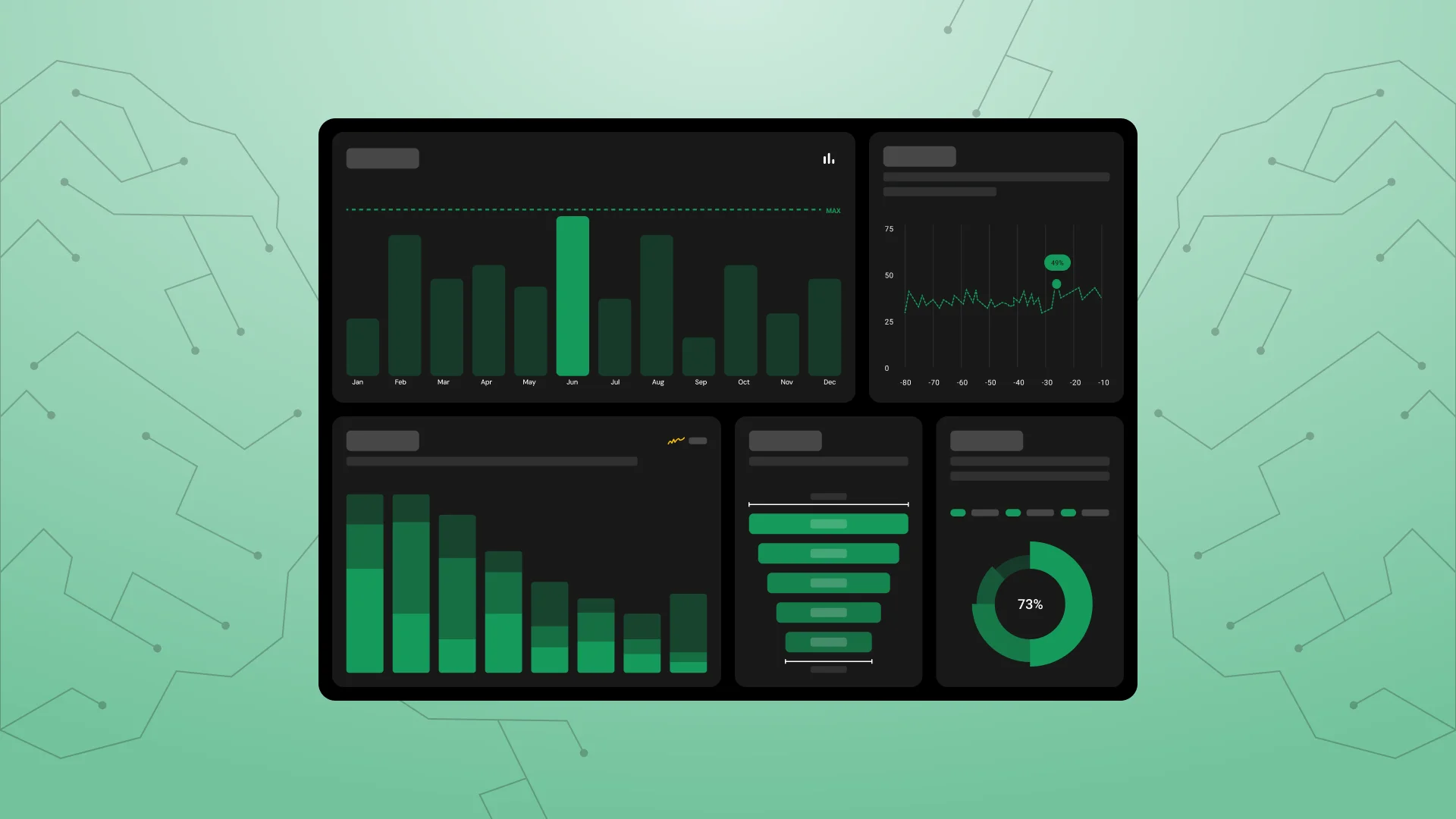-
43 Reviews
-
Trusted by
-
100% GDPR COMPLIANCE
-
Top IT Services Companies
-
Top IT Services Company
-
Quality in Accordance to ISO 9001:2015
-
Top Custom Software Development Companies
-
Security in Accordance to ISO 27001:2013











